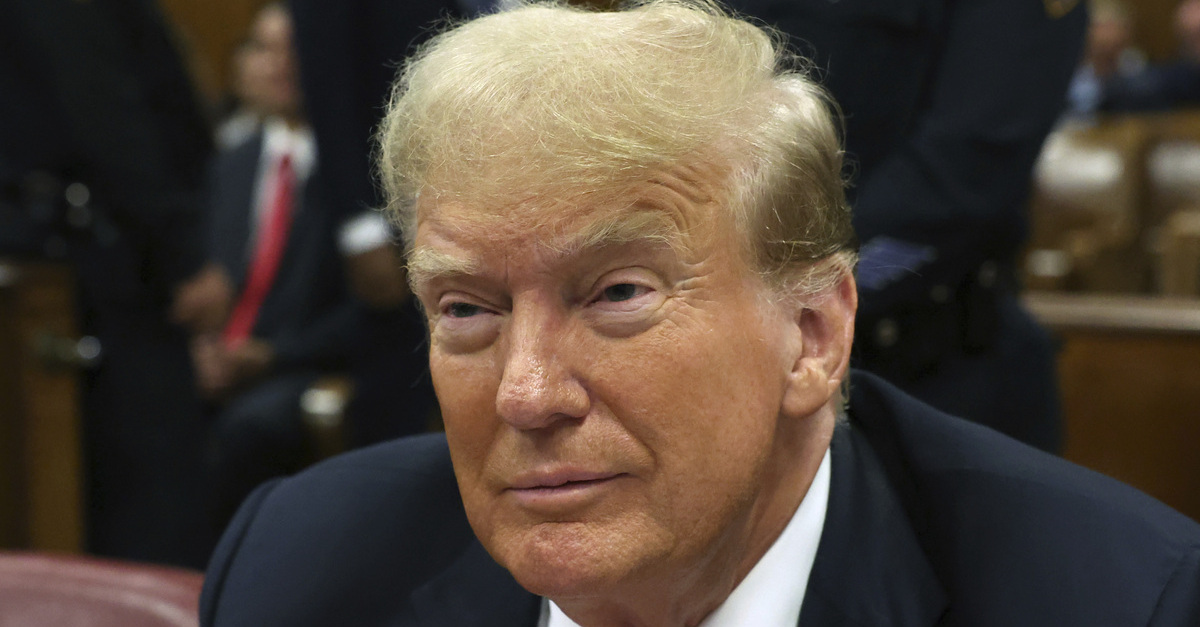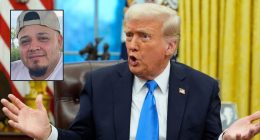
Former President Donald Trump appears at Manhattan criminal court before closing arguments in his hush money trial in New York, Tuesday, May 28, 2024. (Spencer Platt/Pool Photo via AP)
For its 248th birthday, America finds itself in a unique position unlike any before it: A former president turned convicted felon 34 counts over has been granted immunity for “official acts” by the U.S. Supreme Court. With that decision, a pall has been cast over other criminal charges Donald Trump faces in multiple venues and perhaps nowhere more pressing than in Washington, D.C., where special counsel Jack Smith alleges Trump engaged in a sweeping conspiracy to subvert the 2020 election, defrauded the United States, obstructed official proceedings and intimidated voters.
Praveen Fernandes, vice president of the Constitutional Accountability Center, told Law&Crime this week that the American public is well within its rights to look at the court’s decision and be “troubled” by it.
The court, Fernandes said, made an “unconscionable delay in deciding the case” — the justices heard oral arguments in April after deciding in February to take up the matter — therefore making it “nearly impossible” for special counsel Jack Smith to bring the case about an alleged attempted coup to a verdict before the presidential election in November.
“This is damaging for our justice system and informed election choice, and it also erodes public confidence in the Constitution as a mechanism for accountability. It’s an important reminder that even seemingly clear constitutional or statutory provisions rely upon the judges who interpret them,” Fernandes said.
In light of the high court’s 6-3 decision, prosecutors in each venue where Trump is charged now face the challenge of reshaping their cases and preparing for an inevitable onslaught of new filings by Trump’s defense attorneys. Historically, Trump’s lawyers have consistently raised motions in each venue to dismiss his indictments on immunity grounds but now they have the backing of the Supreme Court to bolster them as voters, meanwhile, will only be able to look on and wait to learn what fate will befall one of the nominees for the White House.
Law&Crime takes a look at key developments in Trump’s cases in New York, Florida, Georgia, and Washington, D.C.







